Glasgow University student Lewis Campbell has won the 2018 Autocar-Courland Next Generation Award for his idea to tackle vehicle cloning using blockchain technology.
Campbell, who is studying mechanical engineering, was named the 10th winner of the award, which is designed to support young talent in the automotive industry, at the Society of Motor Manufacturers and Traders annual dinner. As part of his prize, Campbell will receive a five-month work experience stint with firms including Horiba MIRA, Jaguar Land Rover, McLaren Automotive, Nissan and Toyota.
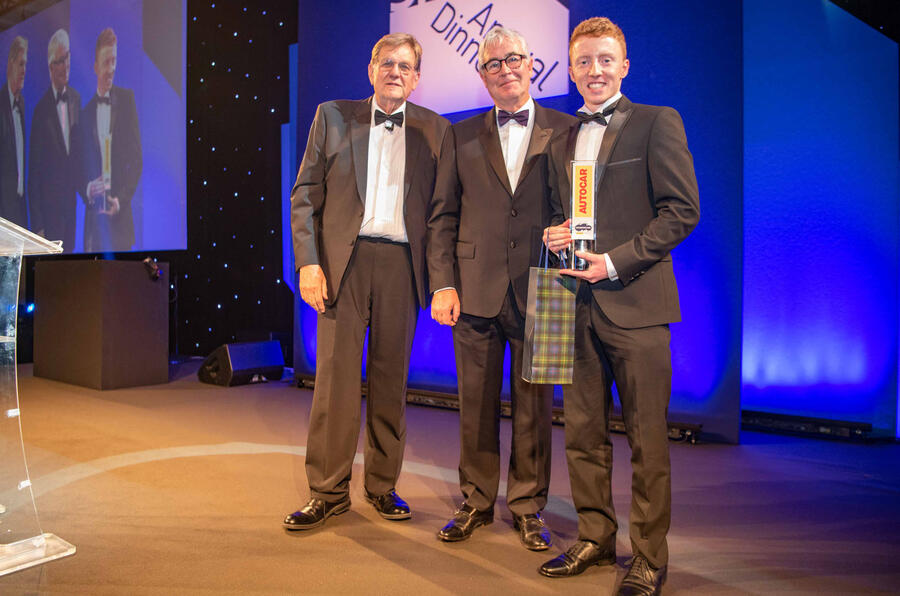
“I’m overwhelmed to have been chosen as the winner,” said Campbell. “The Next Generation Award has rewarded a string of inspiring innovations over the past 10 years, and it is a great honour to have been selected to join that list.”
Campbell’s winning idea was the installation of near-field communication chips in cars, which then used a frequency-changing algorithm to deter hackers and communicate with a nearby smartphone.
That phone would take the vehicle information from the chip and, via blockchain, store it in a server hosted by the manufacturer, creating an electronic record that would make it tougher for fraudsters to clone vehicles.

Campbell won the prize after three finalists presented their ideas to a panel of judges. His fellow finalists, Daniel Wilcox from the University of Wales Trinity Saint David and recent graduate Robert Camerson, were both commended for their ideas.
The judging panel included Autocar editor-in-chief Steve Cropley, who said: “Coming up with a list of three finalists was hard, and it was an even harder to narrow it down to a single winner.

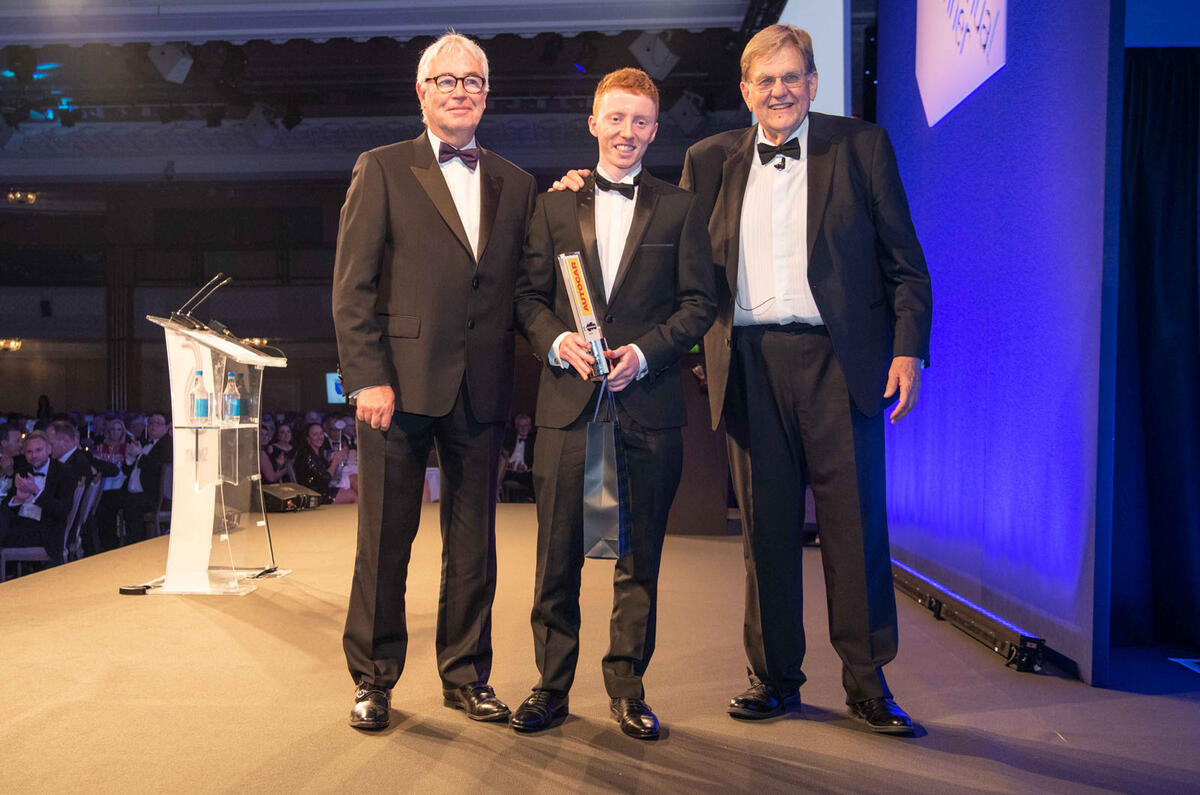
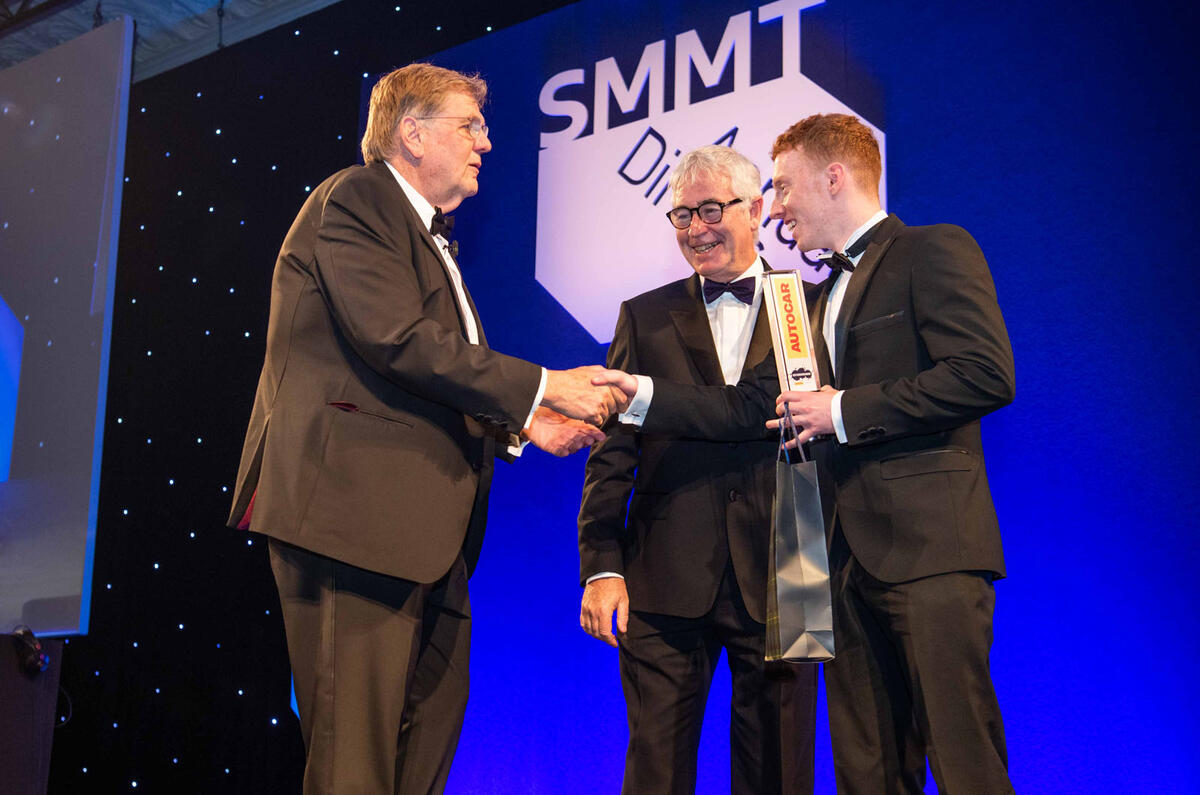
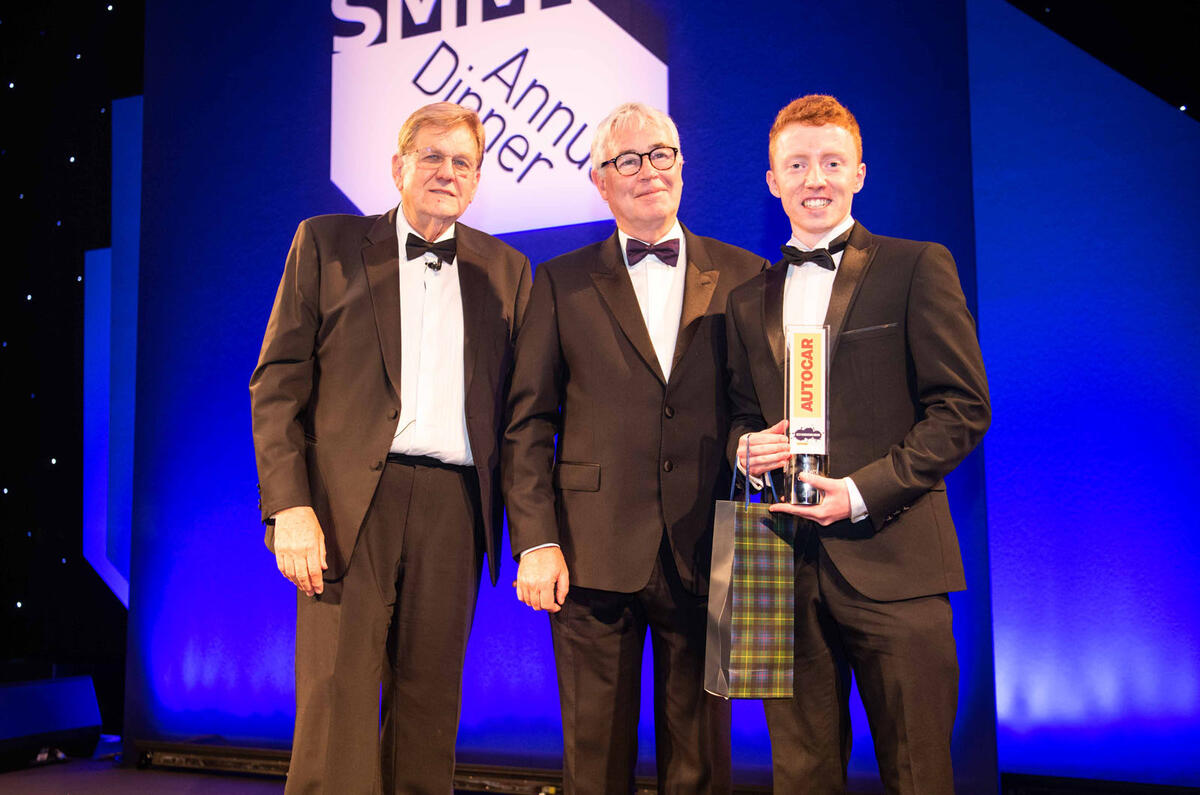
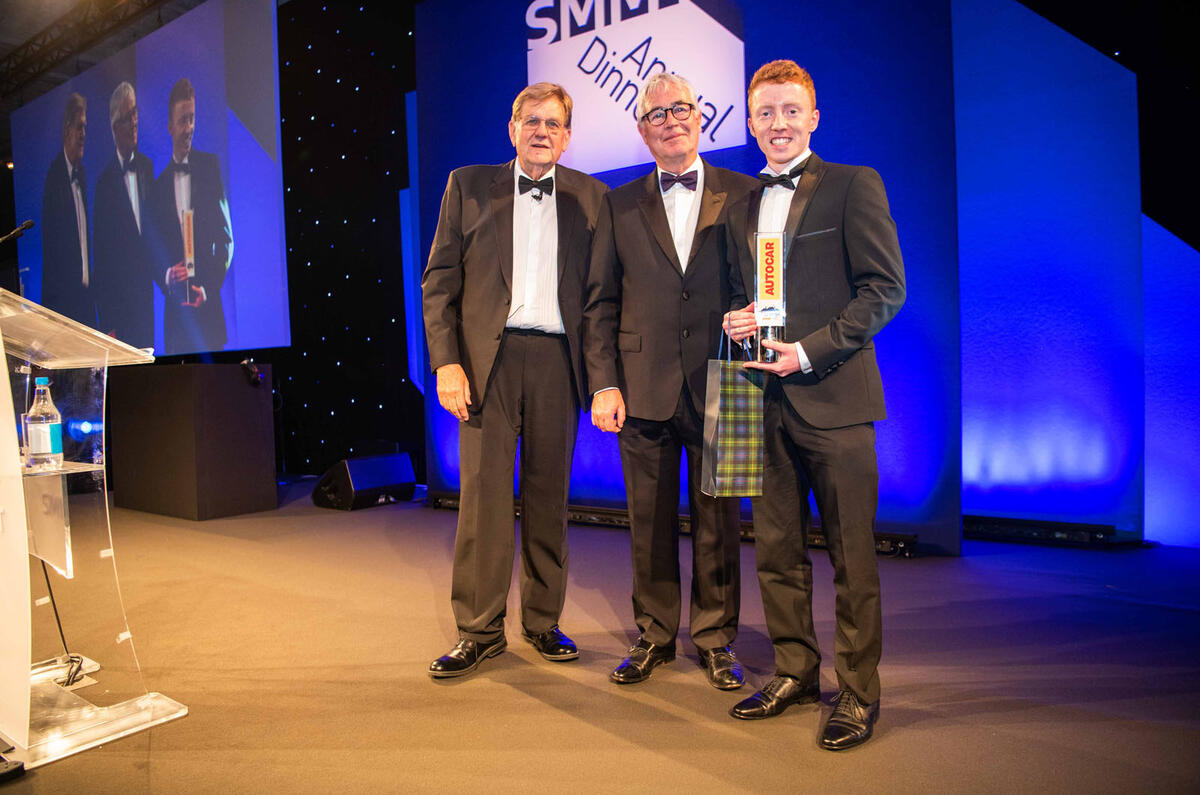
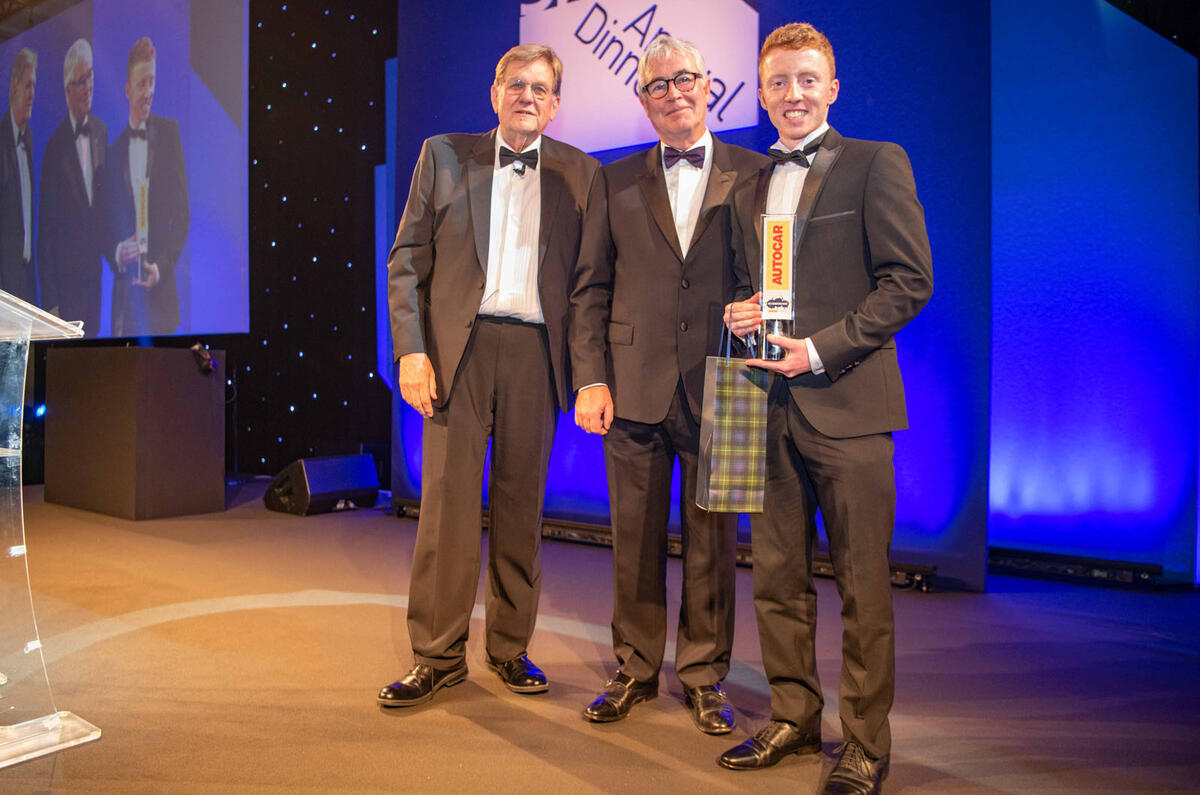
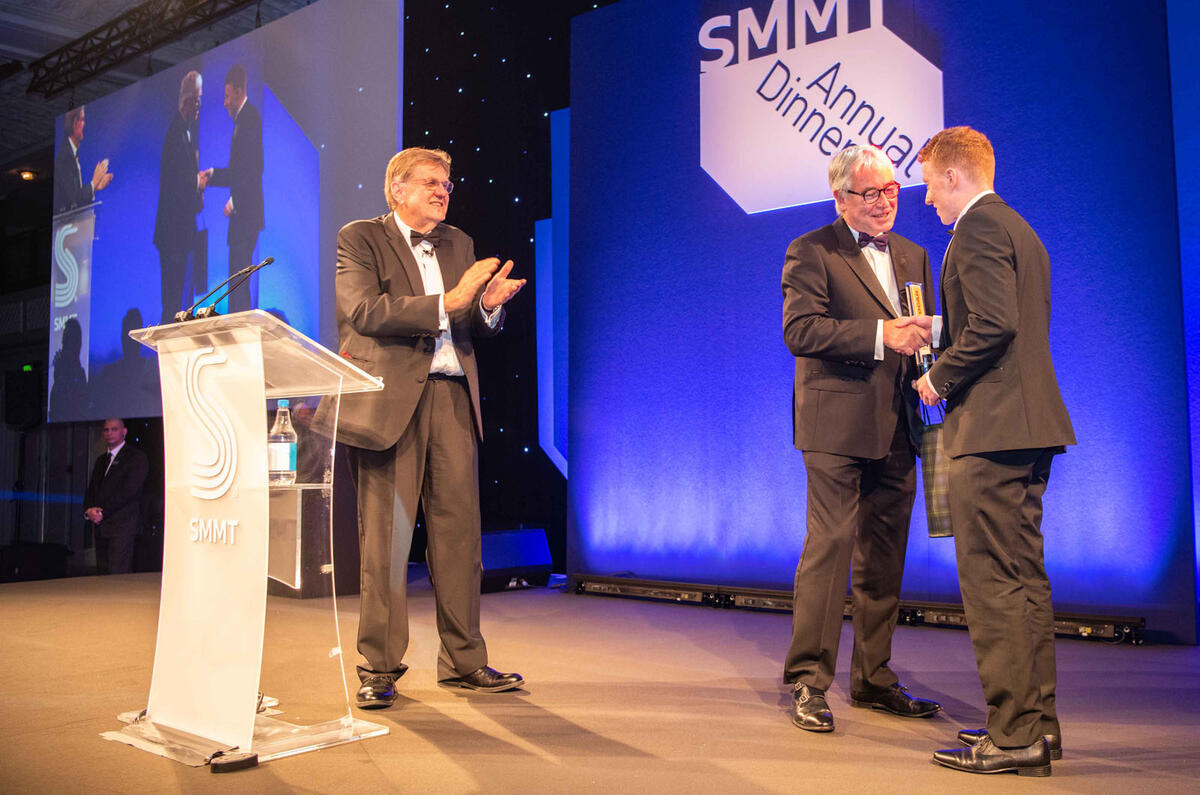
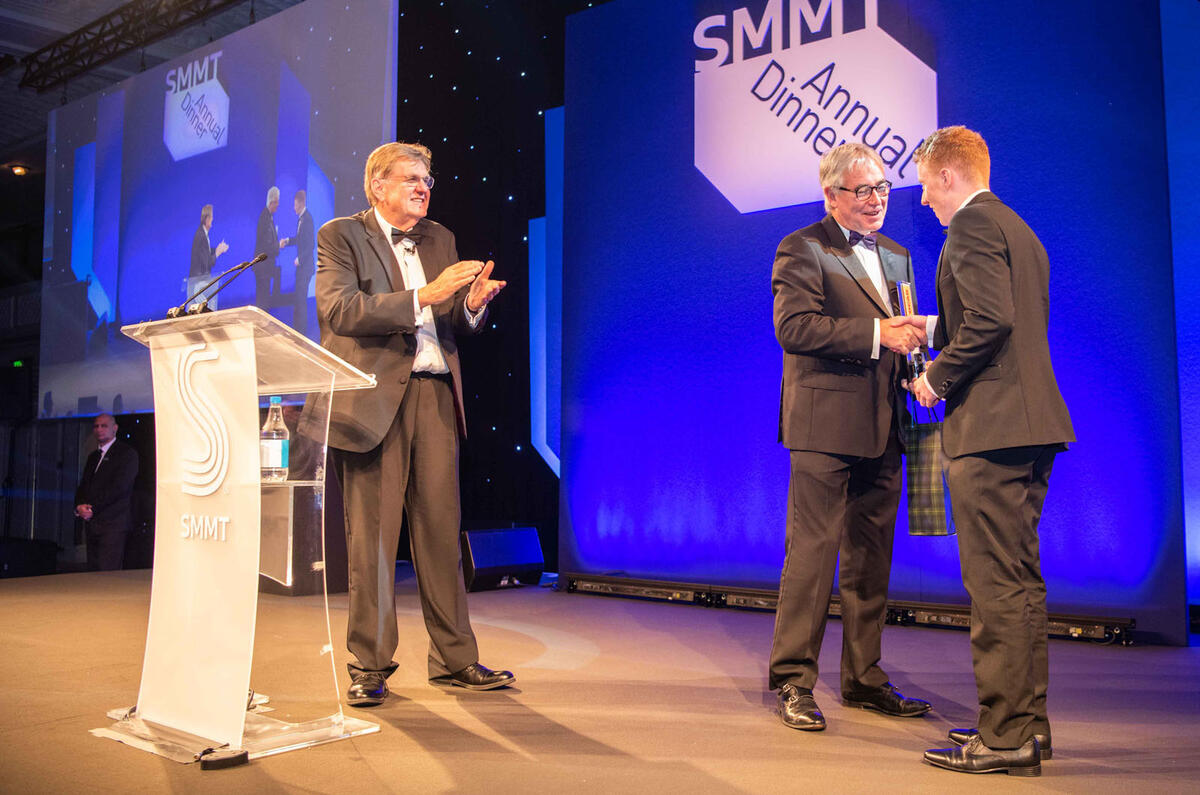
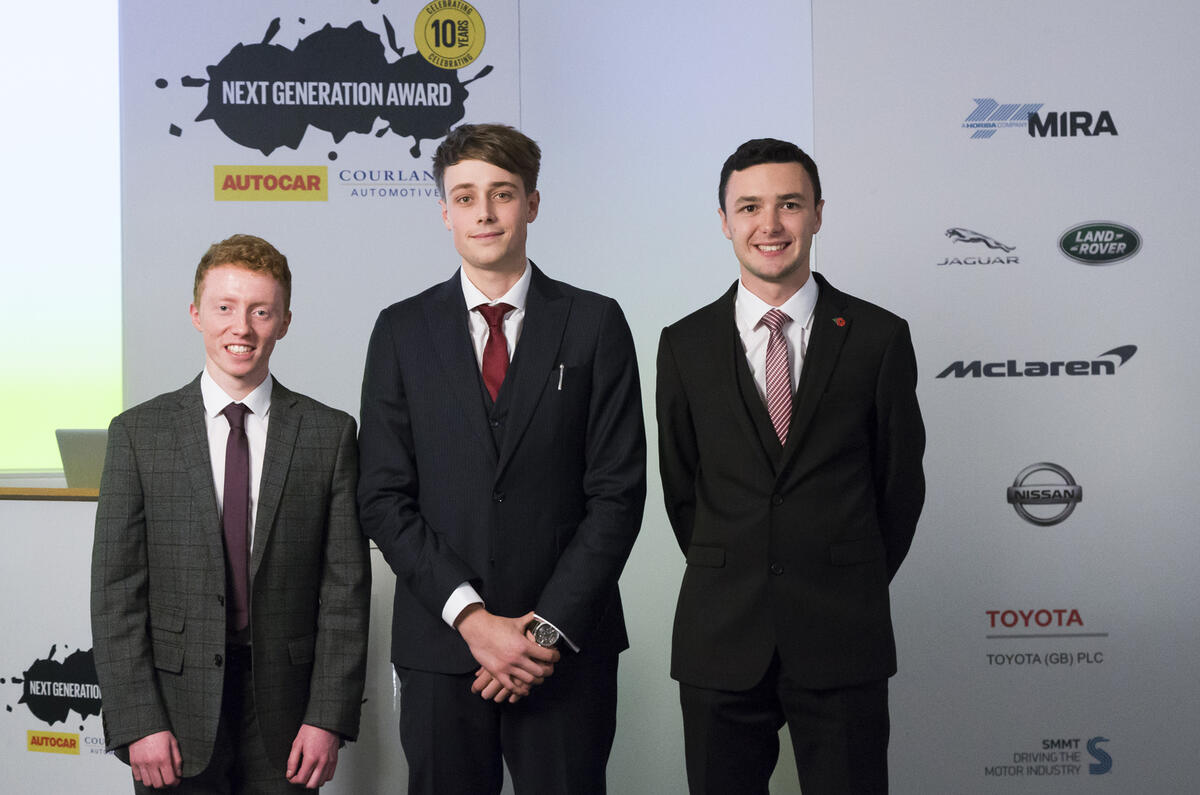

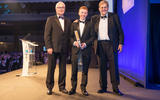
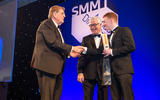

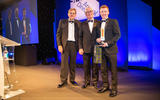
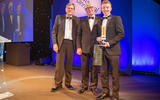
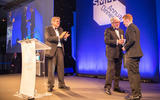
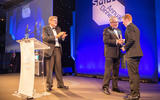
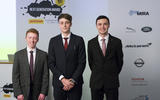







Join the debate
Add your comment
This could easily be improved
This could easily be improved.The keyless entry/start hacks, criminals relay the key present query signal from the car to near enough the house so that the key responds back and the car thinks its nearby.All they need to do is put a sensitive motion/orientation sensor (like used in phones) in the key circuitry. If the key has not moved in say the last 30 seconds it refuses to respond. When the key is sat in the house, signal relay would be rendered useless (you would just need to remember not to carry it around in your pocket around the house) This hardware modification would cost peanuts and render the mass of night time relay thefts impossible.Sadly I can't afford a patent.
The Apprentice wrote:
Mercedes, Toyota & no doubt others have already equipped their current fobs with ways of disabling transmission for when you park your car up. Or, of course, there is the low tech put it in a biscuit tin etc. etc.
If something can be made and
If something can be made and that something has a chip in it then someone can and will hack it and as NFC only works over a couple of centimetres at most all those hackers will know exactly where to find said chip.
Yes but hacking the
Yes but hacking the manufacturer’s database and changing the ownership details without discovery would be impossible. A thief would have to work much, much harder to pass off a stolen car as legitimate. It wouldn’t eliminate cross-border theft and profiteering but there is huge potential in this application of blockchain.